The Bose SoundLink Flex is one of the popular portable Bluetooth speakers from Bose and is the successor to the highly popular Bose Soundlink. It boasts loud audio and a robust build. On the other hand, the Sonos Roam is a premium portable Bluetooth speaker that brings Wi-Fi connectivity and a deep bass to the table. And well, it is one of Soundlink Flex’s closest competitors.
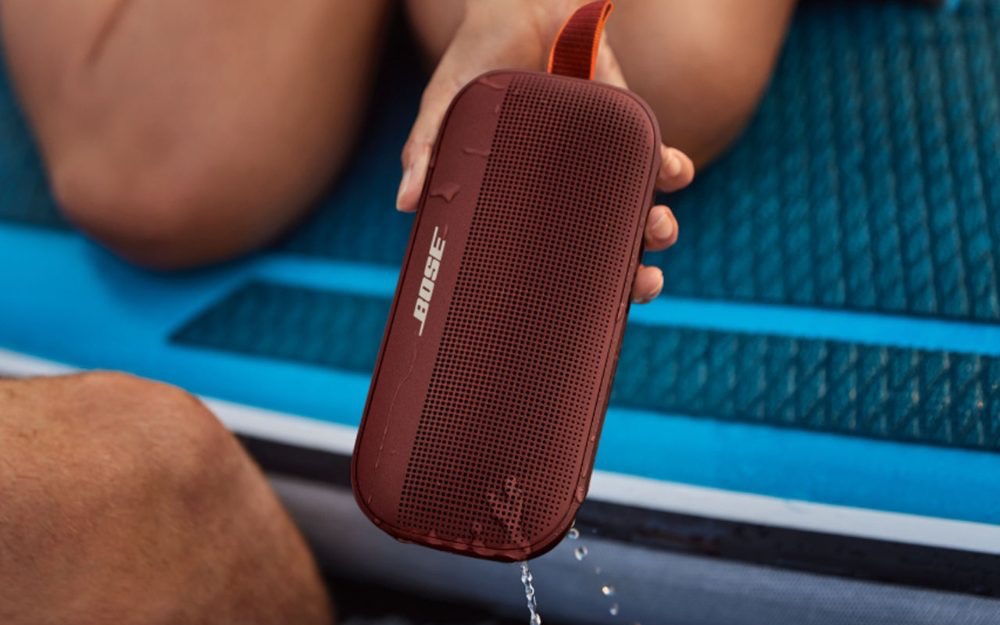
That brings us to a simple question—is the Sonos Roam better than the Bose SoundLink Flex? Well, we’ll find out in this post today as we compare both Bose SoundLink Flex and Sonos Roam to see which Bluetooth speaker best suits your requirements.
So, without further ado, let’s get started.
Design and Connectivity
The Sonos Roam is a premium speaker with elegant looks, thanks to its smooth and polished material. Its triangular shape allows it to be used vertically and horizontally. However, it’s not a 360-degree speaker, and the base and sides do not have speaker grills.

That said, it’s a robust speaker and can withstand some harsh conditions. For now, its IP67 rating makes it waterproof and dust-resistant, and you can take it to the pool or beach.
The Roam is big enough to hold in your hands. And the non-slippery material ensures a better grip. However, it doesn’t have a lanyard or a strap. Not that anyone would be comfortable hanging a premium+ speaker by their bike’s railing or backpack’s loop.
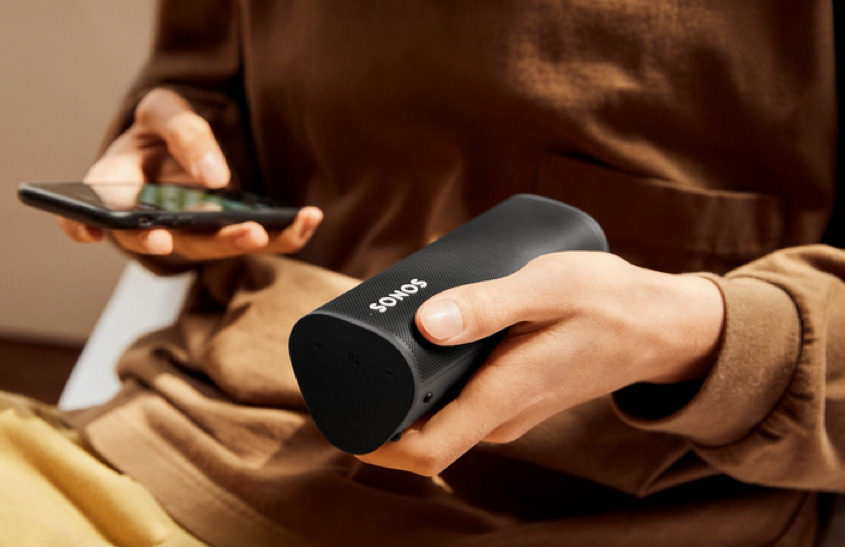
That said, the Roam packs in bells and whistles like Bluetooth 5.0 and Qi-wireless charging. You can also buy the Sonos Qi-wireless charging pad and wirelessly fuel the Roam. Alternatively, you can also use your phone’s Qi-charging pad to charge it.
Like the one above, Bose’s SoundLink Flex also fits the bill of portable and lightweight. This speaker barely weighs 1.3 lbs and is big enough to offer a decent hold. The speaker has a smooth silicone exterior, which adds to its robustness. On the flip side, the silicone exterior acts as a dust magnet.

Like its peer, the Flex can be used vertically and horizontally. It packs the proprietary PositionIQ tech that adjusts the audio output according to orientation. This way, similar audio will be delivered to your ear regardless of its orientation.
Furthermore, it’s small enough to be thrown into a tote bag or a backpack, and the silicone exterior will ensure it remains scratch-free. The Flex is also a waterproof speaker with a rating of IP67. And guess what? It floats on water as well.
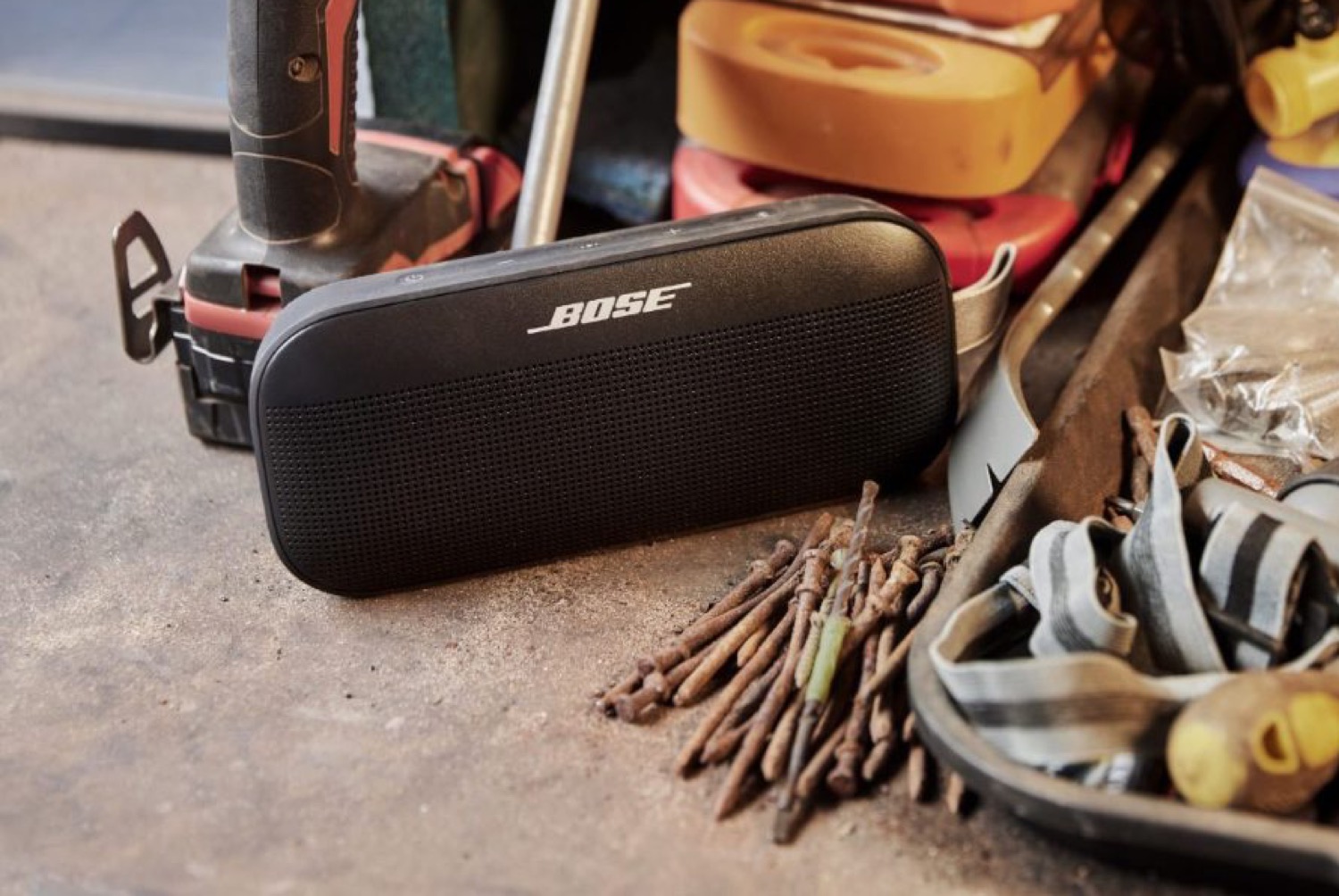
For connectivity, Bose’s SoundLink Flex packs an older Bluetooth 4.2 version and doesn’t support Wi-Fi. Most premium speakers like the Roam above come with Bluetooth 5.0 (see Bluetooth 5.1 vs Bluetooth 4.2) or above, so it would have been good to see the same on the Flex.
Features
The Wi-Fi connection on the Sonos Roam takes things a little bit further. For one, it brings Amazon Alexa and Google Assistant support. With this, you can issue voice commands to the speaker when connected to your home Wi-Fi network.
Plus, it boasts features like Automatic Switching and Sound Swap. The former ensures that you switch to Wi-Fi whenever you enter your house. Moreover, if you have a secondary Sonos speaker, you can ‘throw’ the sound from the Roam to the other one. Cool, right?

The best part is that both features work as advertised. Also, the Sonos Roam works best in a multi-Sonos unit environment. It can seamlessly connect with other Sonos soundbars and speakers to give you a stereo output.
As opposed to the above, the Bose SoundLink Flex doesn’t support smart features, though you can enable voice commands for Google Assistant and Siri through the companion app. The app gives you several nifty options, such as connecting with other Bose speakers. However, it doesn’t have customizable EQ settings. That means you will have to settle for the default EQ settings. Bummer, right?
Battery
The battery life is one of the important aspects of any portable speaker. After all, you wouldn’t want a speaker that dies after playing a dozen songs, right? Both the Sonos Roam and the SoundLink Flex come with good battery life. However, the battery life is not as extraordinary as the JBL Charge 5 (20 hours) or the Sony SRS-XB43 (24 hours).
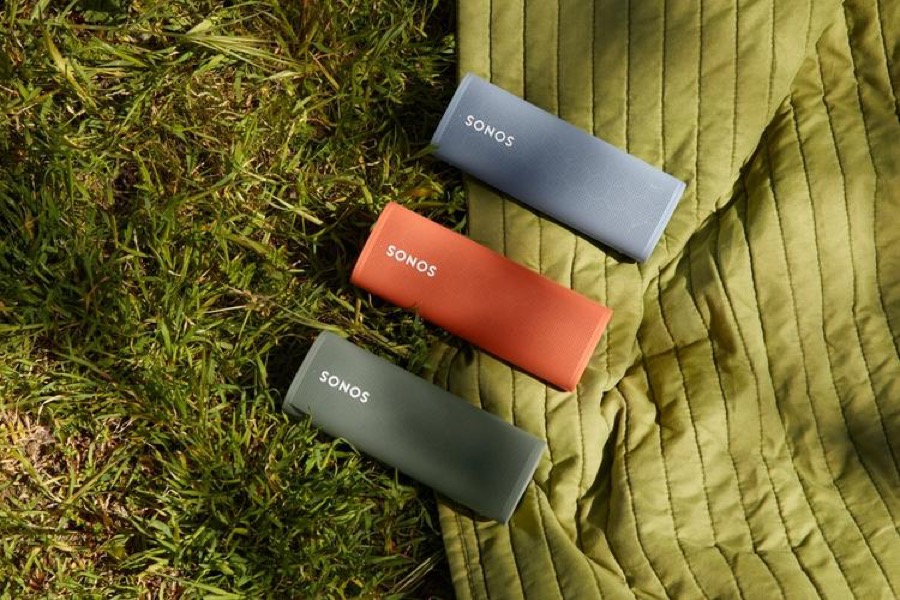
The Sonos Roam lasts around 10 hours on moderate use. Again, the battery life depends on the Wi-Fi strength, overall volume, and the number of times you call for the smart assistant. Thankfully, for the days you are out on a road trip, picnic, or camping, the Bluetooth connectivity should sustain the battery for a long time.
At the same time, the aggressive battery-saving practices of the Sonos Roam should help you save energy in the long run. For instance, the Roam goes into sleep mode when not used.
On the other hand, Bose rates the SoundLink Flex at 12 hours on moderate volume. Provided you charge it fully and play songs at a moderate volume, the battery will last you its advertised time. The good thing is that both speakers support USB-C charging. Apart from that, the charging time is short, and it takes around 4 hours for a complete charge.
Audio Performance
So let’s address the elephant in the room. How do the Sonos Roam and Bose SoundLink Flex perform in terms of audio quality? When it comes to the Roam, it delivers smooth and crisp audio. While it can handle complex instruments, it doesn’t have an assertive bass. But the feature that makes it stand out is its Trueplay feature. Using it, the speaker can optimize the audio as per its surroundings.
But at the end of the day, the Sonos Roam is not the loudest speaker. Sure, it can fill up average size rooms. However, it’s not a party speaker if you are looking for one.
When it comes to loudness, the Bose SoundLink Flex is also not the loudest speaker, although Bose claims it to fill up any room with its noise. That said, it delivers a balanced audio output. And yes, the bass has more definition, and the audio appears clear and distinct.
But as we mentioned above, you won’t be able to customize the EQ as per your choice.
Sonos Roam vs Bose SoundLink Flex
Both Sonos Roam and Bose SoundLink Flex are expensive premium portable speakers. Thankfully, it’s not a difficult task to pick one between them.
If you are looking for a simple portable Bluetooth speaker that meets the memo, then the SoundLink Flex is the one for you. There are no added frills, and it’s good at what it does—belting out quality music. At the same time, the robust build means it will survive in any condition, much like its predecessor.
On the other hand, if you are planning to move into the Sonos ecosystem, then the Roam is an excellent buy, primarily because Sonos speakers blend in seamlessly with other Sonos speakers.
That said, it delivers impressive music. However, most of the nifty features will go for a toss if you do not make the most of them.
Was this helpful?
Last updated on 13 May, 2024
2 Comments
Leave a Reply
The article above may contain affiliate links which help support Guiding Tech. The content remains unbiased and authentic and will never affect our editorial integrity.


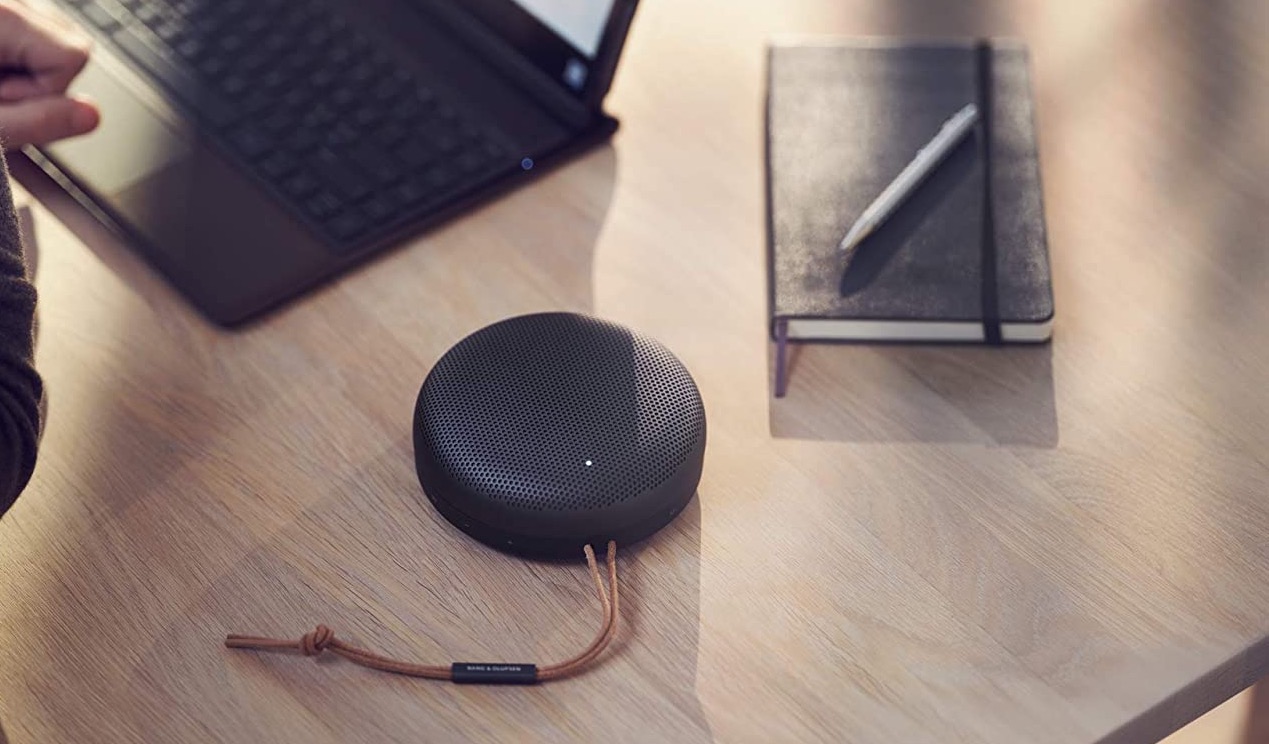


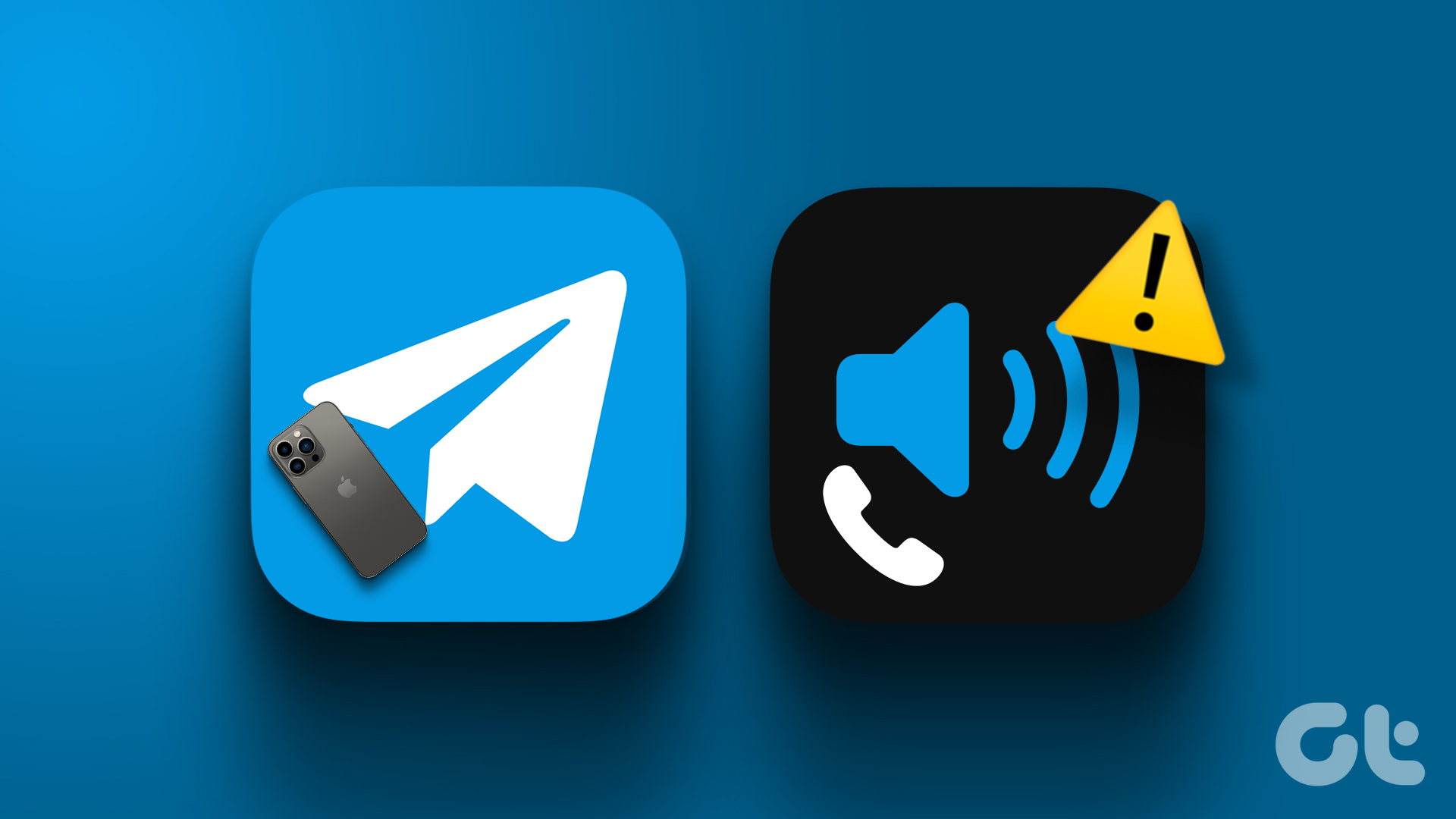





Bose Mini-Link speaker (metal frame) is superior to both albeit heavier and strapless. I’ll put it up against any competitor.
I used to play sound link colour speaker , unfortunately it was short circuit in my room . Then I went to service centre asked to charge more than the new cost . Then I tell them to make it repair and keep with you . Haha boose service centre salmiya branch